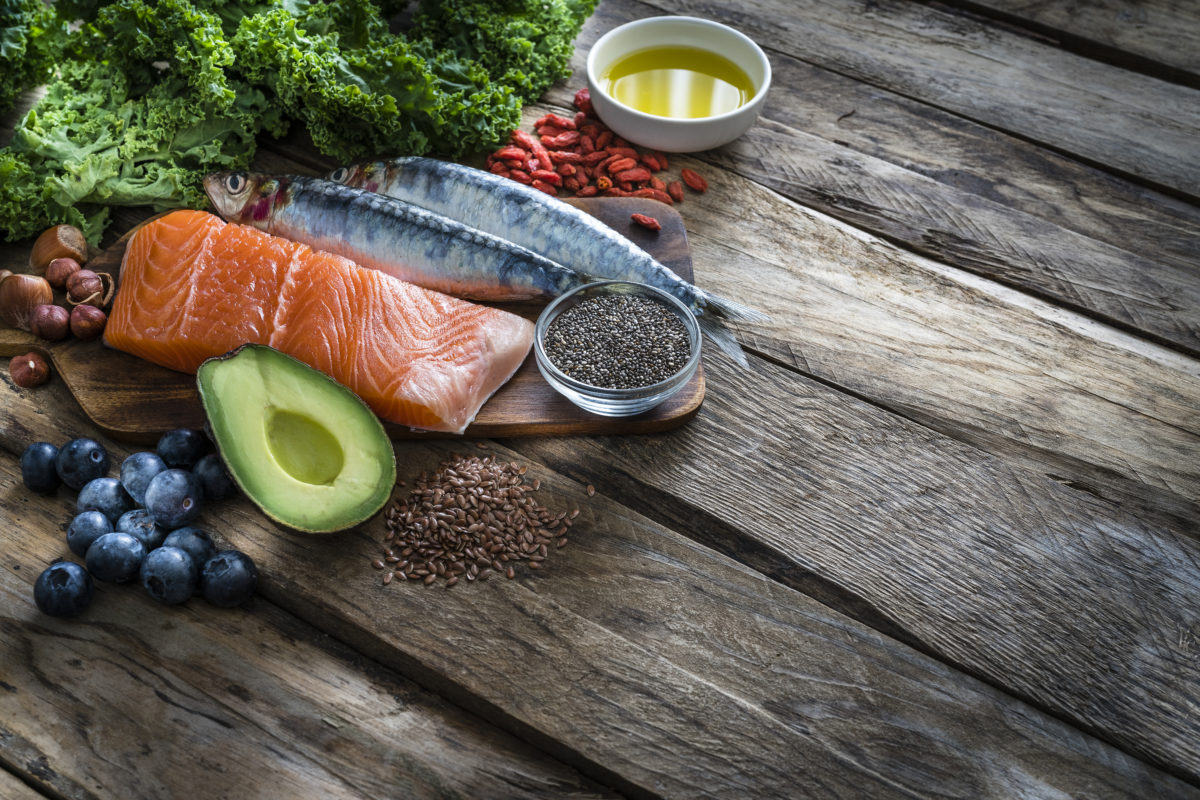What are antioxidants?
Ask most people this question and they may have a general idea: antioxidants are things we get from food that are good for our health. Yet few of us will actually be able to explain what antioxidants do for our bodies.
“An antioxidant is a substance that prevents or slows cell damage caused by free radicals,” says Leslie Cornett, registered dietitian-nutritionist at BlueCross BlueShield of Tennessee. “Free radicals is another term you’ve probably heard. They’re unstable molecules in our bodies that can damage cells and cause illness, aging and certain chronic diseases.”
What benefits do antioxidants have for your body?
Cornett: The main job of antioxidants is to stop or slow the formation of free radicals. By reducing the number of free radicals in your body, they help decrease your risk of disease.
But antioxidants have also been shown to have other health benefits, such as:
- Reducing inflammation and oxidative stress
- Enhancing memory and brain function, and
- Promoting healthy aging and vision.
What antioxidants would people recognize?
Cornett: Many antioxidants are common nutrients. Below are a few examples, as well as what they do with and a few foods they can be found in.
| Antioxidant | Benefits | Found in |
| beta-carotene | the body turns beta-carotene to vitamin A, which supports healthy skin and eyes | squash, carrots, nectarines |
| lycopene | reduces the risk of heart disease and cancer | tomatoes, watermelon, grapefruit |
| selenium | essential trace mineral found in soil, water and foods; boosts the effect of antioxidants | crab, fish, poultry, wheat |
| vitamin C | helps the body absorb iron; slows damage from free radicals | citrus (limes, lemons, oranges, grapefruit) |
| vitamin E | protects cell walls | plant oils, leafy greens, whole grains, egg yolks, nuts, seeds |
| zinc | helps the body make protein and aids in wound healing | meats, vegetables |
Which foods have the most antioxidants?
Cornett: When it comes to antioxidants, you’ll get the most “bang for your buck” from eating dark-colored fruits and vegetables, foods that contain “good fats,” and by eating a variety of those foods.
Antioxidant-rich foods include:
- Nuts
- Seeds
- Whole grains
- Produce
- Avocado
- Berries
- Bell peppers
- Tomatoes
- Broccoli
- Dark-green leafy vegetables
Cornett: You can also use your eyes to help you make healthy choices. Make your plate look like a rainbow of fruits and vegetables and you should get plenty of antioxidants.
How do most people get antioxidants: food or supplements?
Cornett: Most people get their antioxidants from food, which is great because their absorption and effects are enhanced by whole foods.
You can take antioxidants in supplemental form. However, that should never be used as a replacement for whole foods unless there are outstanding reasons (inability to eat solid foods, affordability). In reality, supplementation should only be done when guided by a medical provider; otherwise it could result in toxification and or negative health side effects.
What do you need to do to preserve antioxidants while cooking?
Cornett: Antioxidant level can be significantly affected by 3 things:
- cooking method,
- temperature,
- and length of cooking time.
You can get really granular about the best way to prepare every food to preserve nutrients, but in general, try to live by 3 rules:
1. Eat fresh fruits and vegetables raw when you can.
Boiling results in the highest loss of nutrients since the nutrients leak into the water.
2. Steam your vegetables half the time you typically do.
You’ll have a firmer vegetable, which will help retain a lot more of the nutrients. (And you might learn to enjoy the al dente texture more, too.)
3. Try roasting or stir-frying.
These “dry” cooking methods result in the least amount of lost nutrients.
More from WellTuned on nutrients and your body
- How what we eat affects our brain (and what to eat to boost your brain power)
- What are amino acids? Exploring the 9 essential amino acids + the foods that have them
- What are essential nutrients? What they are, what they do & how to get enough
Get more information about specific health terms, topics and conditions to better manage your health on bcbst.com. BlueCross BlueShield of Tennessee members can access wellness-related discounts on fitness products, gym memberships, healthy eating and more through Blue365®. BCBST members can also find tools and resources to help improve health and well-being by logging into BlueAccess and going to the Managing Your Health tab.





